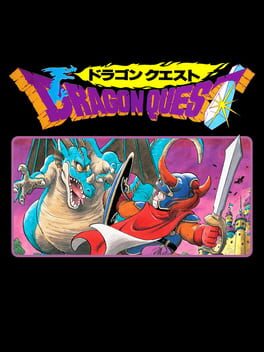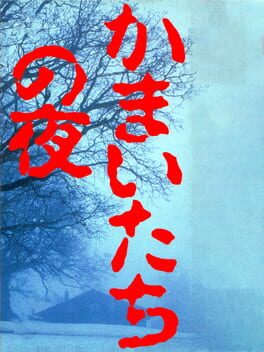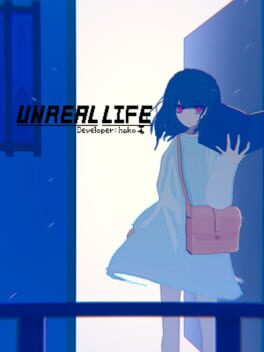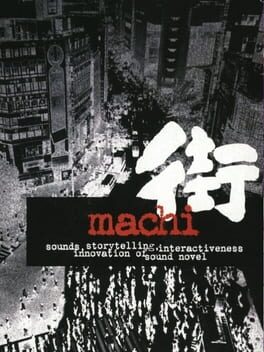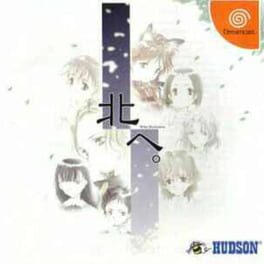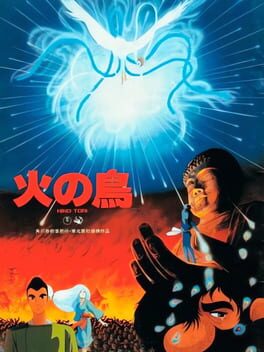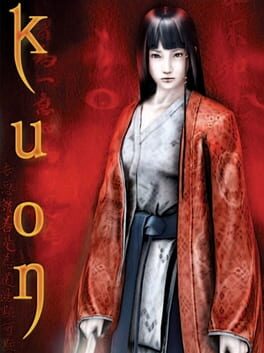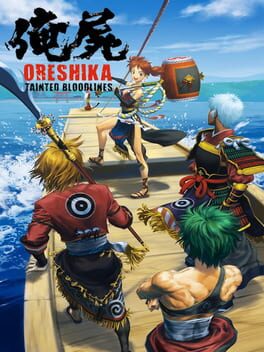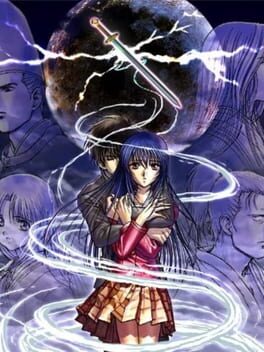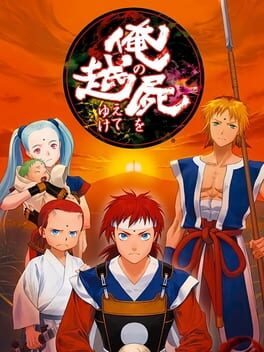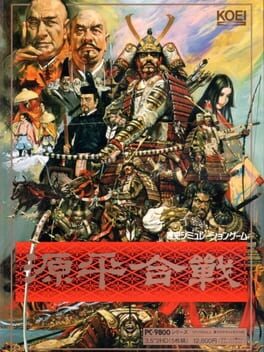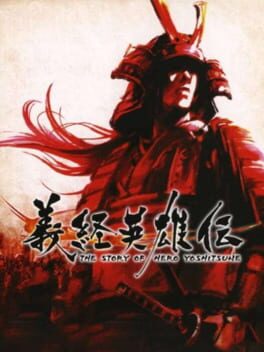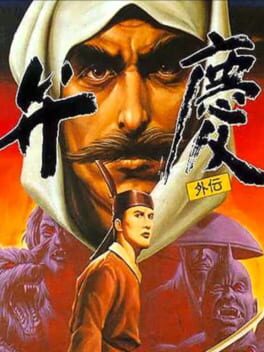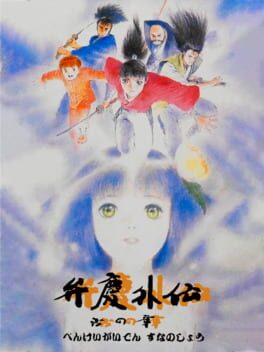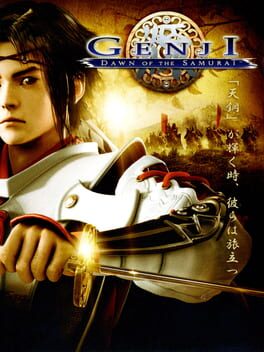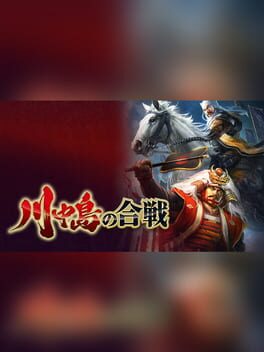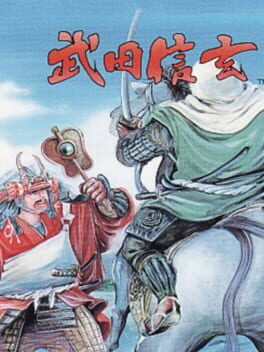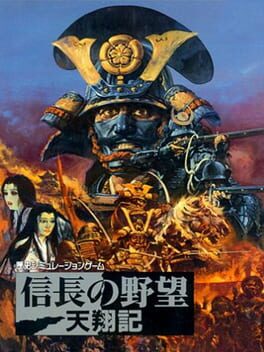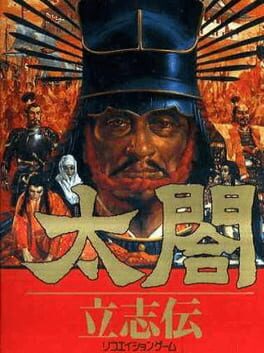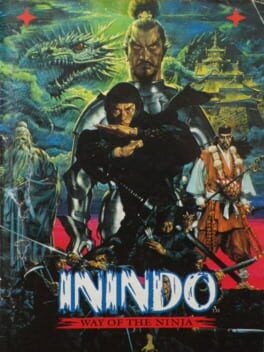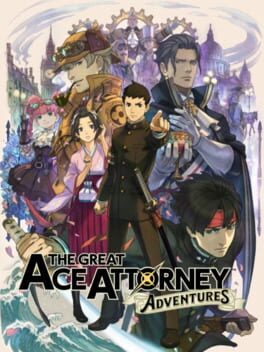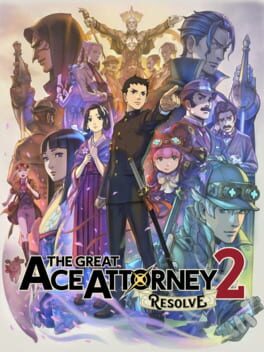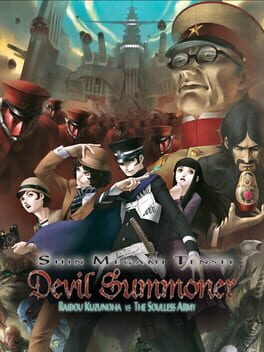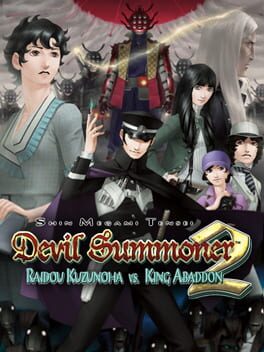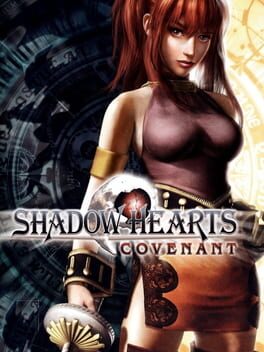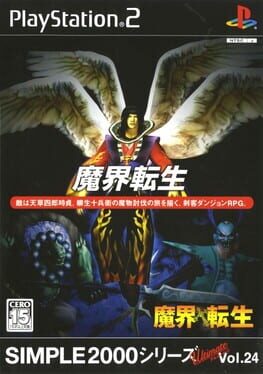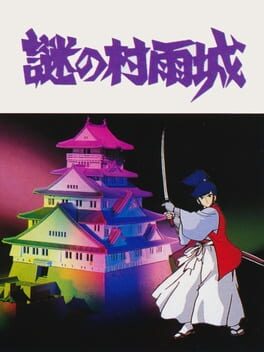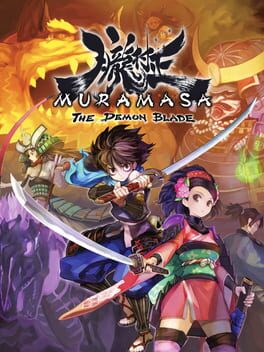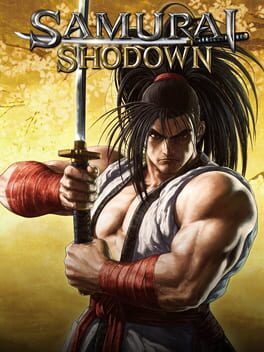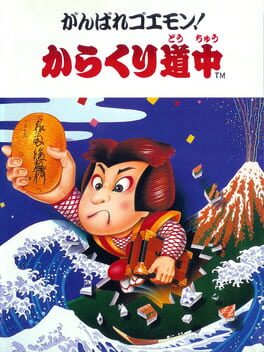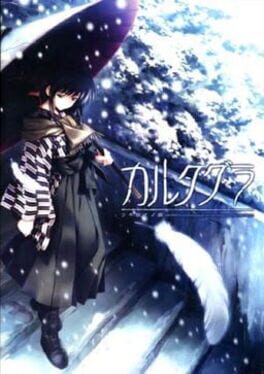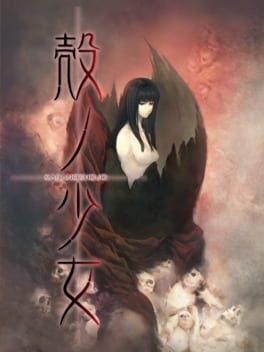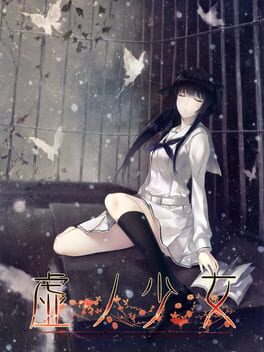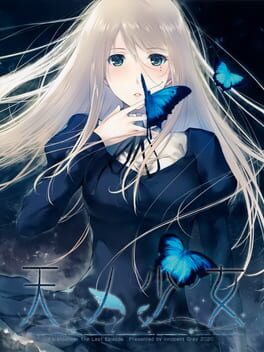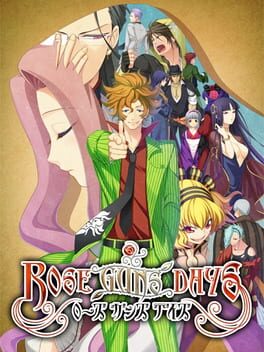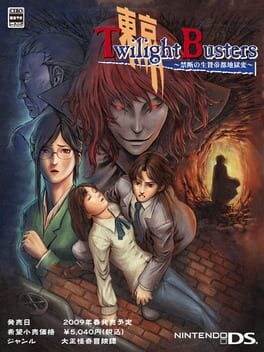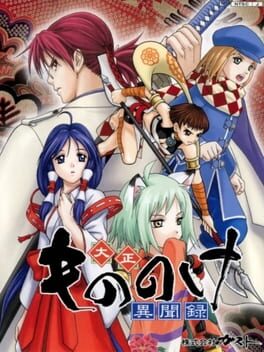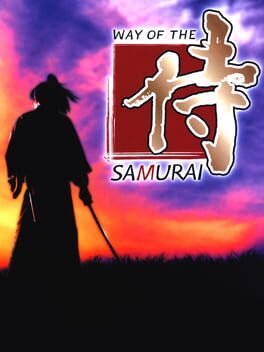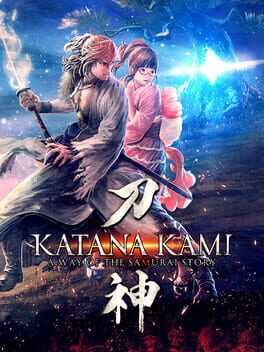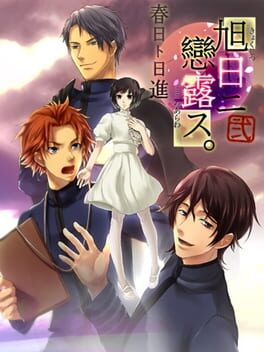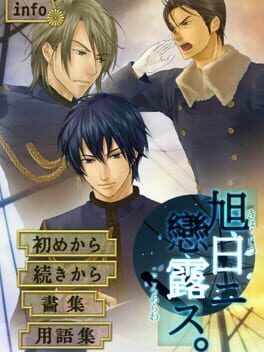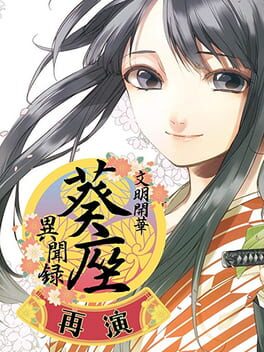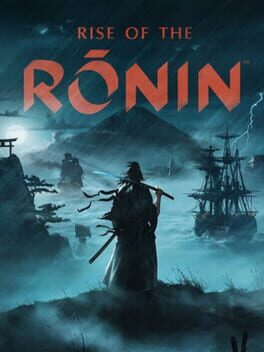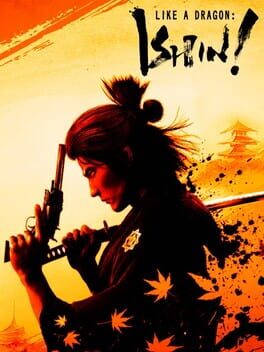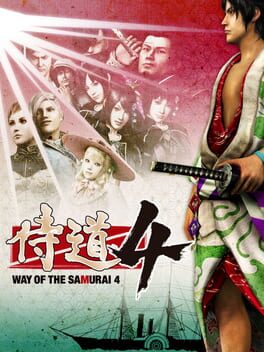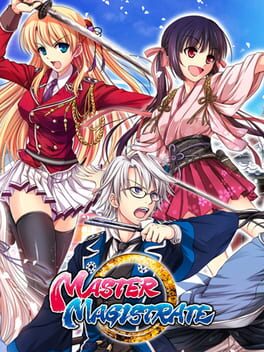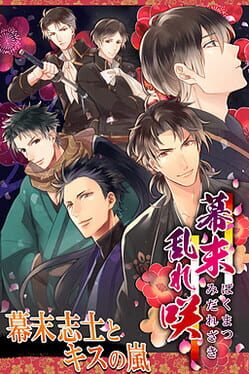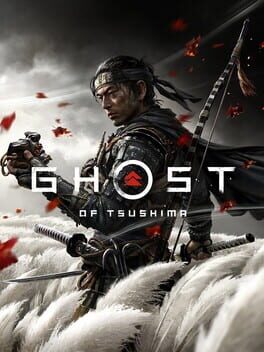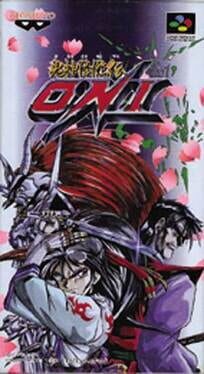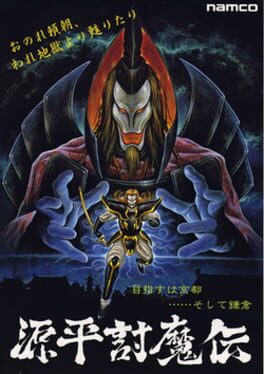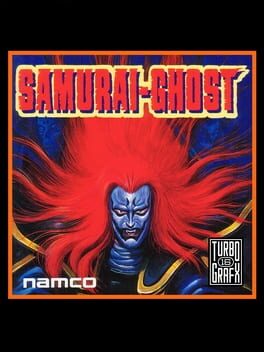7 reviews liked by FOLM
Dragon Quest
1993
(snes version)
All but perfectly composed. The way the world folds out from your central location (the place you save), the magnificent numbers tuning where a 5 is the most beautiful thing you've ever seen, the hum of combat stripped to its essentials and the light open-world design that encourages interacting with its residents...Dragon Quest basically one-and-done'd it all. About the only thing I have any desire to ding it for is that magic is largely useless outside of healing and traversal, half your arsenal profoundly unnecessary in a game otherwise so tightly formed.
But honestly who cares when faced with Dragon Quest's greatest strength: its tone. Despite the image DQ has accrued of being lovely and charming and nostalgic and warm, this game is a profoundly sad experience. The world is dead. Towns are in ruins. Poison litters the ground as naturally as water and there are more bloodthirsty, alien monsters than there are people anymore. And every person you talk to time and time again puts it all on you: you have to save us, you are the only one who can. There are no party members, it's a journey of solitude. No friends to make, no campfire stories or wacky hijinx to get into, just the one thing you were born to do. You have no choice; it's in your blood. You can't even die, fate and duty so strong that you are brought back again and again until you succeed. Every inch of this game is oozing a melancholic weight heavier than just about anything in gaming. It's no coincidence that Koichi Sugiyama's (god not rest his soul) overworld theme here, the song you are treated to the most, brings to mind the fog before a rain more than any idea of adventure.
Palpable stuff! Stuff that is astounding in its own right but which also builds to a transcendent release at the end, one of the great narrative moments in a game, when you finally accomplish your goal and the world explodes into flowers and all the monsters vanish and everyone celebrates and you, the hero, freed from the grip of responsibility and expectation, life now perfectly without purpose, wander off to new worlds. (something something about killing the dark fascist lord and then rejecting your noble monarchal position to live free from systems of power)
I repeat: all but perfectly composed.
All but perfectly composed. The way the world folds out from your central location (the place you save), the magnificent numbers tuning where a 5 is the most beautiful thing you've ever seen, the hum of combat stripped to its essentials and the light open-world design that encourages interacting with its residents...Dragon Quest basically one-and-done'd it all. About the only thing I have any desire to ding it for is that magic is largely useless outside of healing and traversal, half your arsenal profoundly unnecessary in a game otherwise so tightly formed.
But honestly who cares when faced with Dragon Quest's greatest strength: its tone. Despite the image DQ has accrued of being lovely and charming and nostalgic and warm, this game is a profoundly sad experience. The world is dead. Towns are in ruins. Poison litters the ground as naturally as water and there are more bloodthirsty, alien monsters than there are people anymore. And every person you talk to time and time again puts it all on you: you have to save us, you are the only one who can. There are no party members, it's a journey of solitude. No friends to make, no campfire stories or wacky hijinx to get into, just the one thing you were born to do. You have no choice; it's in your blood. You can't even die, fate and duty so strong that you are brought back again and again until you succeed. Every inch of this game is oozing a melancholic weight heavier than just about anything in gaming. It's no coincidence that Koichi Sugiyama's (god not rest his soul) overworld theme here, the song you are treated to the most, brings to mind the fog before a rain more than any idea of adventure.
Palpable stuff! Stuff that is astounding in its own right but which also builds to a transcendent release at the end, one of the great narrative moments in a game, when you finally accomplish your goal and the world explodes into flowers and all the monsters vanish and everyone celebrates and you, the hero, freed from the grip of responsibility and expectation, life now perfectly without purpose, wander off to new worlds. (something something about killing the dark fascist lord and then rejecting your noble monarchal position to live free from systems of power)
I repeat: all but perfectly composed.
A game I was done with a good 15 hours before it was finished and which I've only become more done with the more time that passes. Absolutely at its best when it's acting as a non-stop comedy adventure flying between wildly incongruous tones in this goofy road-trip cat-and-mouse chase. The characters? Charming! The jokes? Funny! The thrills? You better believe they're thrilling! Unimpeachable combat and constant amusement park minigame switching makes for a cotton candy delight that borders on transcendent and at moments had me convinced it was the best game ever.
Problem with cotton candy though is that you put it in water and realize: oh it's actually nothing. Rebirth is packed to the gills and yet completely empty, gutting the original's story for sophomoric multiverse shenanigans that flatten any emotional or thematic depth. Worse, the game is too scared to actually do anything with the new ideas it does have, constantly pulling back at even the slightest glimpse of genuine intrigue until the entire game is rendered a purgatory of non-movement. Nothing happens! Please let something happen!! The dungeons are a bore and just about every other event is so blatantly shoehorned in to fill for time that even if you ignore sidequests and mainline this thing, the pace is genuinely baaaaad. Just the most "too much" game I've ever played, maybe.
So yeah, loved it at points, gave me a dull headache at others, and is spoiling like milk in my brain. (Yuffie great tho--they did justice to my girl)
Problem with cotton candy though is that you put it in water and realize: oh it's actually nothing. Rebirth is packed to the gills and yet completely empty, gutting the original's story for sophomoric multiverse shenanigans that flatten any emotional or thematic depth. Worse, the game is too scared to actually do anything with the new ideas it does have, constantly pulling back at even the slightest glimpse of genuine intrigue until the entire game is rendered a purgatory of non-movement. Nothing happens! Please let something happen!! The dungeons are a bore and just about every other event is so blatantly shoehorned in to fill for time that even if you ignore sidequests and mainline this thing, the pace is genuinely baaaaad. Just the most "too much" game I've ever played, maybe.
So yeah, loved it at points, gave me a dull headache at others, and is spoiling like milk in my brain. (Yuffie great tho--they did justice to my girl)
Kamaitachi no Yoru
1994
Masterpiece obsession simulator. A game that invites the mind to spiral and to be consumed, that encourages paranoid uncertainty. Taking the shin-honkaku (new traditionalist) mystery into a new medium, the game obsesses over its own artifice and form, twisting what should be a classic whodunnit into a bold post-modern labyrinth of different genres, meta-reflections, and player implications. A game that feels like no matter how much you dig, there is no bottom. Even when you "beat" the game, solve the mystery, it only reveals more to you and in turn uncovers more questions.
What is at the bottom of Kamaitachi no Yoru? Strip it all back, find its heart, and what exactly is this game? That is the real mystery. And it's a mystery you could spend a lifetime trying to solve.
More thoughts here
What is at the bottom of Kamaitachi no Yoru? Strip it all back, find its heart, and what exactly is this game? That is the real mystery. And it's a mystery you could spend a lifetime trying to solve.
More thoughts here
Unreal Life
2020
Kita e White Illumination is a Dreamcast dating sim released around the peak popularity of the genre and was developed by Hudson Soft (RIP) and Red Company, who are better known for the Sakura Taisen series. As the name suggests, the setting takes place in Hokkaido during the summer and winter. Kita e's unique mechanic that sets it apart from other dating sims/galge at the time is the Communication Break System, which lets the player respond to specific lines of dialogue as they happen or ignore it altogether. The player's responses completely alter the experience and is required to progress, but the game never indicates when to respond. The non-player character dialogue is fully voiced and backed by an all-star cast of some of the best voice actors at the time. Perhaps what distinguishes Kita e the most from its contemporaries is the fact that it also doubles as a tourism advertisement for Hokkaido. While the tourism angle resulted in many of the dates being glorified guided tours, it also influenced the game's signature 2D sprite with live action background visuals. The combination is unexpectedly aesthetically pleasing and cozy, and NOCCHI's sprite art has plenty of individuality and charm.
A groundbreaking adventure game on release, but now shows its age. The entire game is live action and set in Shibuya sometime in the mid 90s. The main gimmick is that there are 8 protagonists you can choose from, and progressing in one character's scenario can alter the fate of another as you jump between characters. There are 100+ bad endings that are mostly unique. And that's really what makes this game notable, because unfortunately the quality of the stories doesn't stand out on its own ー it's mainly B-tier TV dramas and bad comedy. I had to push myself to get through some stories, especially Yoshiko's, whose story is almost nothing but slapstick fat jokes ad nauseum. Unfortunately some of the ones that start interestingly, like the secret society plot, fall completely flat in the end. The one story I liked was Ichikawa's, the jaded TV writer. It stands out from the rest by being psychological horror and the writing quality is great. Overall, the experience of playing it is good, especially if you're interested in learning about 90s Japan/pop culture and the evolution of visual novels as a genre, but difficult to recommend if you're looking for a story worth your time.
